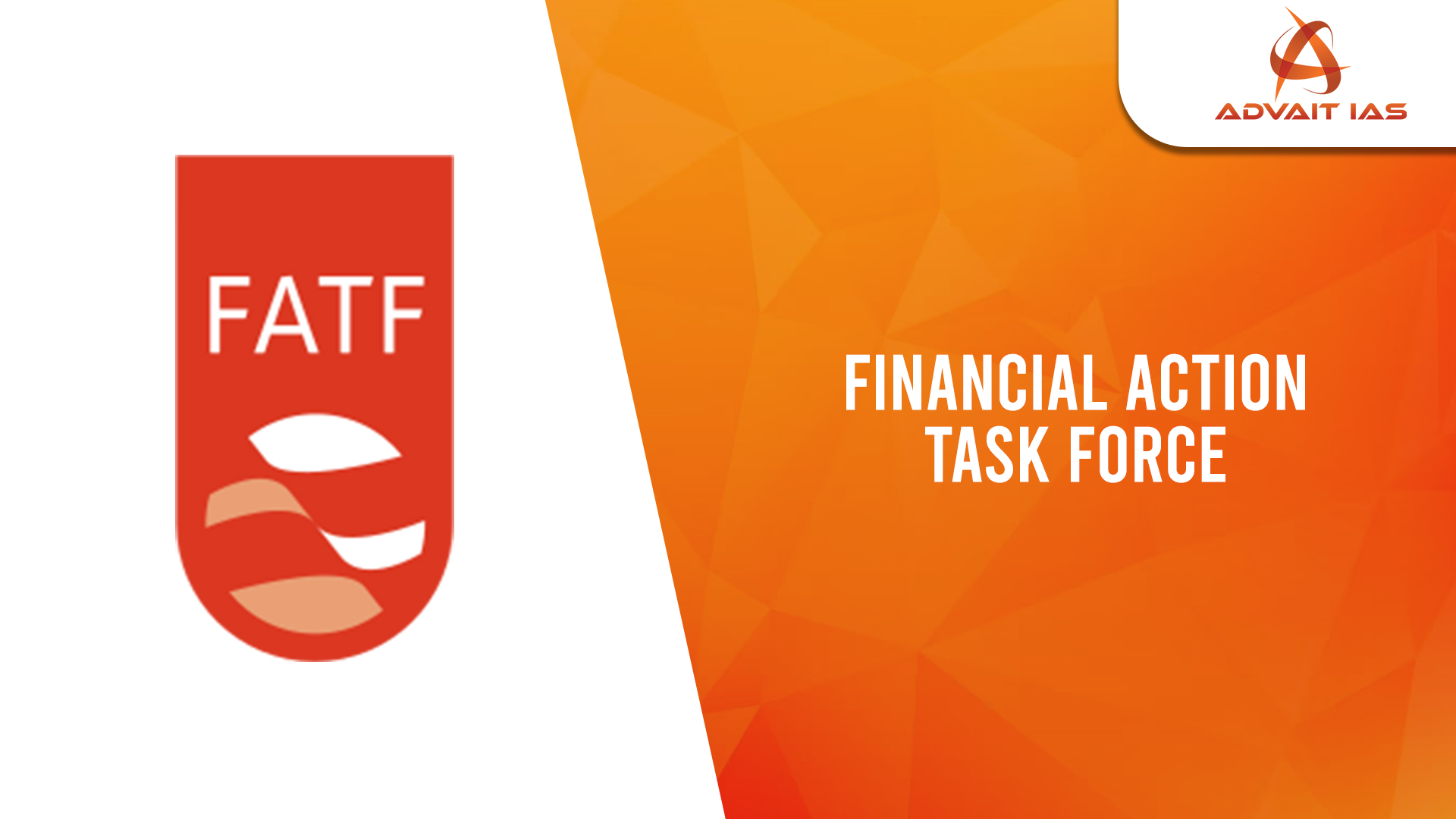What is FATF?
- It is an intergovernmental body established in 1989 during the G7 Summit in Paris.
- Objective: To set standards and promote effective implementation of measures to combat money laundering, terrorist financing, and other related threats to the integrity of the international financial system.
- Headquarters: Paris, France.
- Members: 39 members, including India (since 2010), the US, UK, China, and the European Commission.
FATF Lists: Grey List and Black List
Grey List (Jurisdictions under Increased Monitoring):
- Countries on the grey list are monitored closely for strategic deficiencies in AML (Anti-Money Laundering) and CFT (Combating the Financing of Terrorism).
- These countries commit to resolving swiftly the identified deficiencies.
- Not subject to sanctions, but inclusion signals risk and reputational damage.
Black List (High-Risk Jurisdictions):
- Countries on the blacklist are non-cooperative in tackling money laundering and terrorism financing.
- They face severe international sanctions, limited financial aid, and restrictions from global financial institutions.
Implications of Being on the Grey List:
Economic Impacts:
- Reduced foreign investment due to reputational risks.
- Increased scrutiny of transactions by international banks and investors.
- Higher cost of borrowing from global lenders.
- May affect credit ratings and currency stability.
Political and Diplomatic Impacts:
- Leads to international pressure for reforms.
- Damages diplomatic image and trust deficit with allies and institutions.
- Often used as a tool to coerce compliance with global norms.
India and FATF:
- India became a full member in 2010.
- FATF has been an important platform for India to highlight concerns oncross-border terrorism, especially regarding Pakistan.
- India has adopted FATF recommendations through laws like:
- Prevention of Money Laundering Act (PMLA), 2002
- Unlawful Activities (Prevention) Act (UAPA), 1967
- Regulations by RBI, SEBI, and FIU-IND.
Recent Examples:
- Pakistan was placed on the grey list from 2018 to 2022, leading to economic hardship and international pressure.
- Countries like North Korea and Iran remain on the blacklist.
FATF plays a critical role in safeguarding the global financial system from illicit use. For countries, compliance with FATF standards is vital not only for financial stability but also for geopolitical credibility. Strengthening AML/CFT mechanisms is integral to national security and international economic integration.






